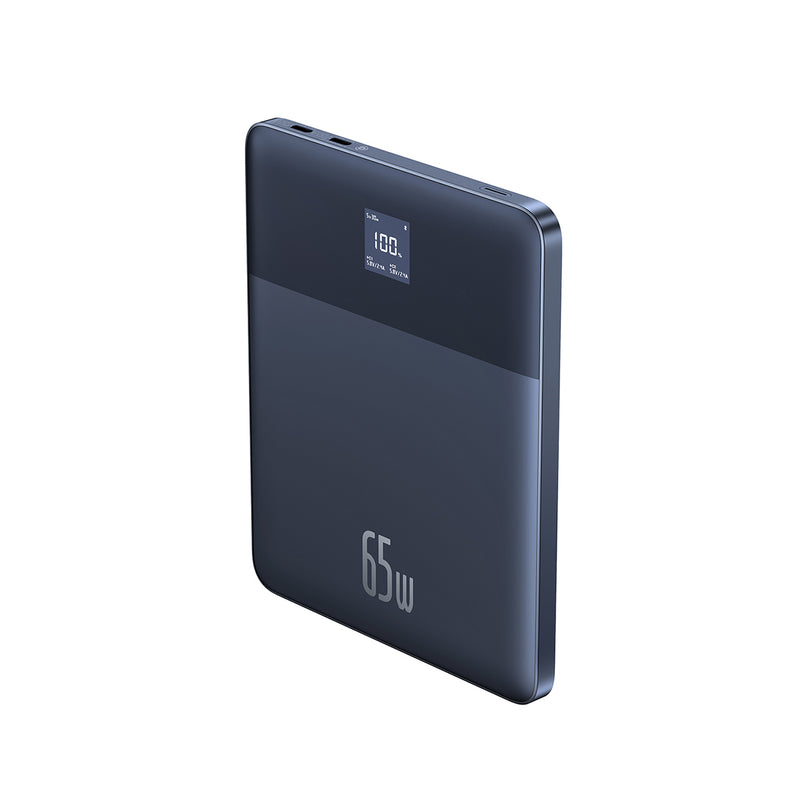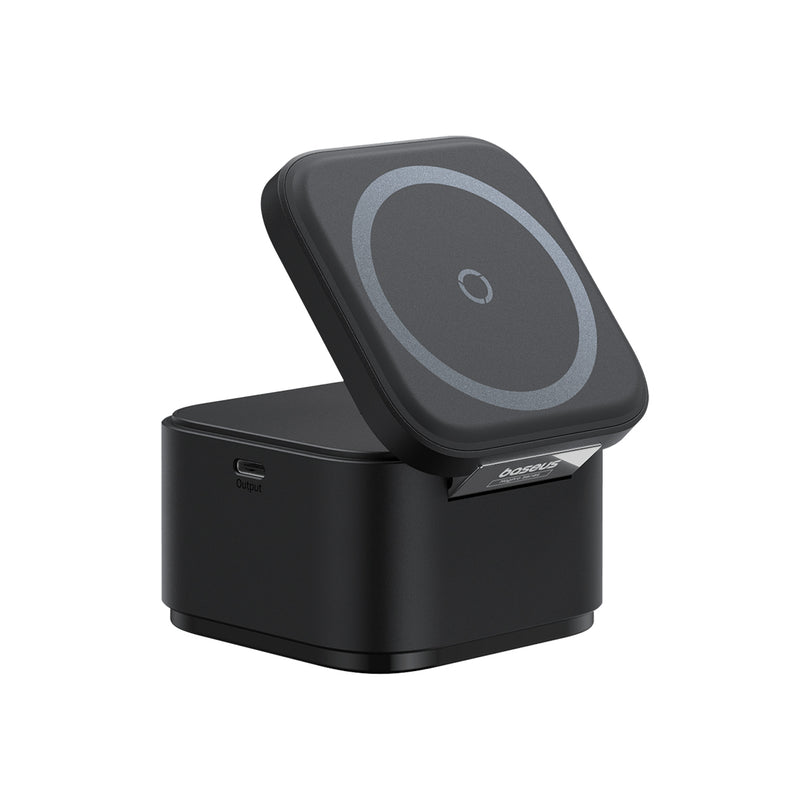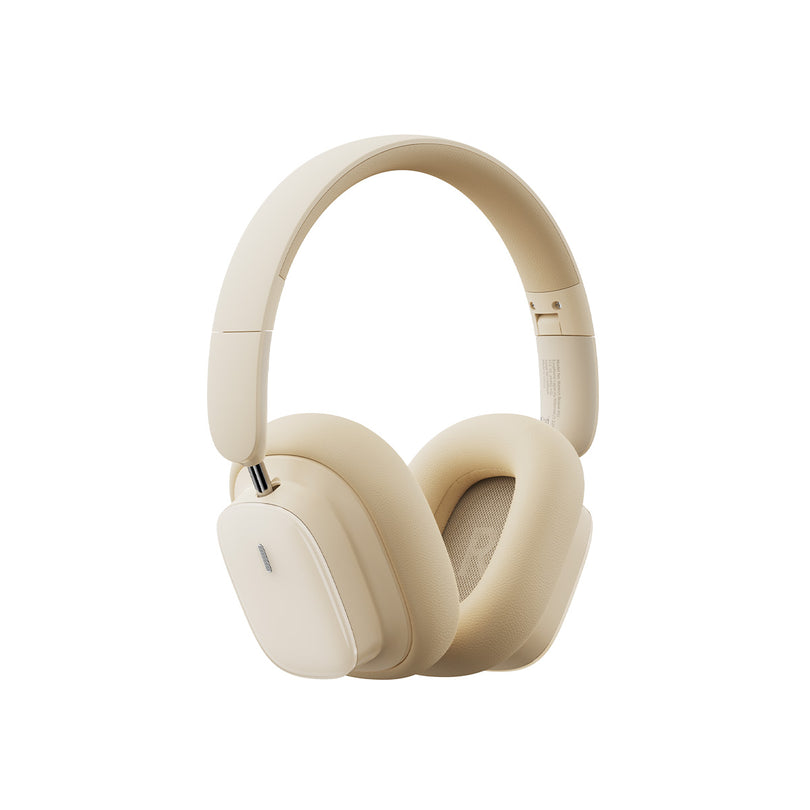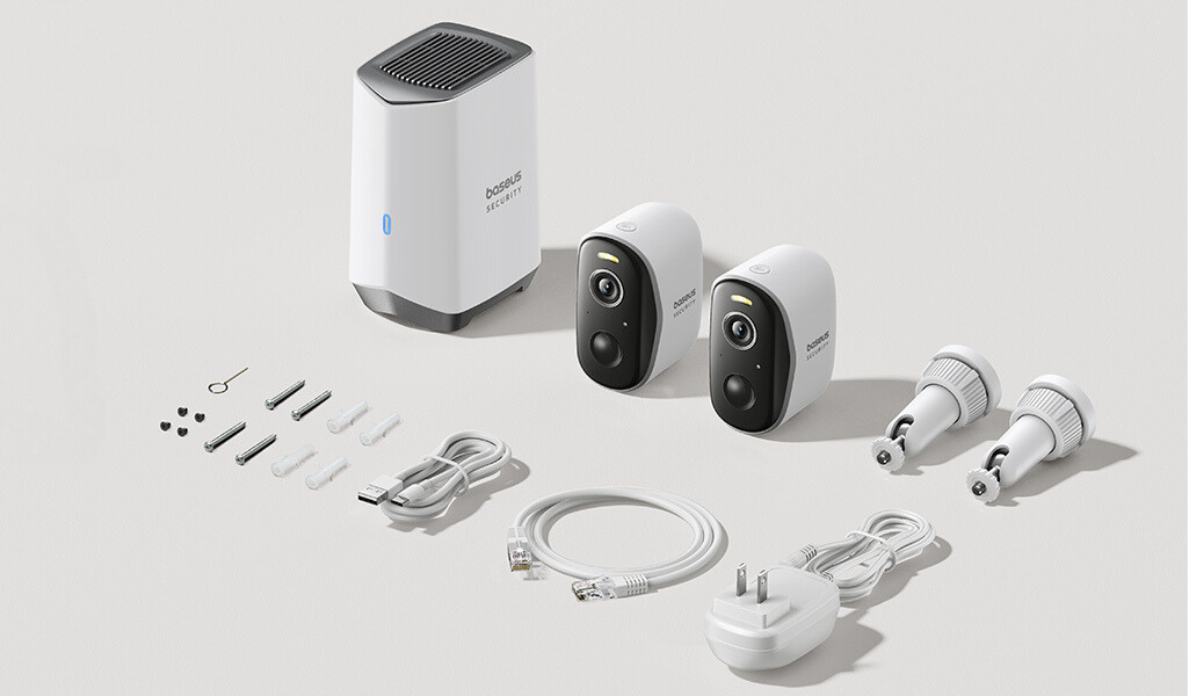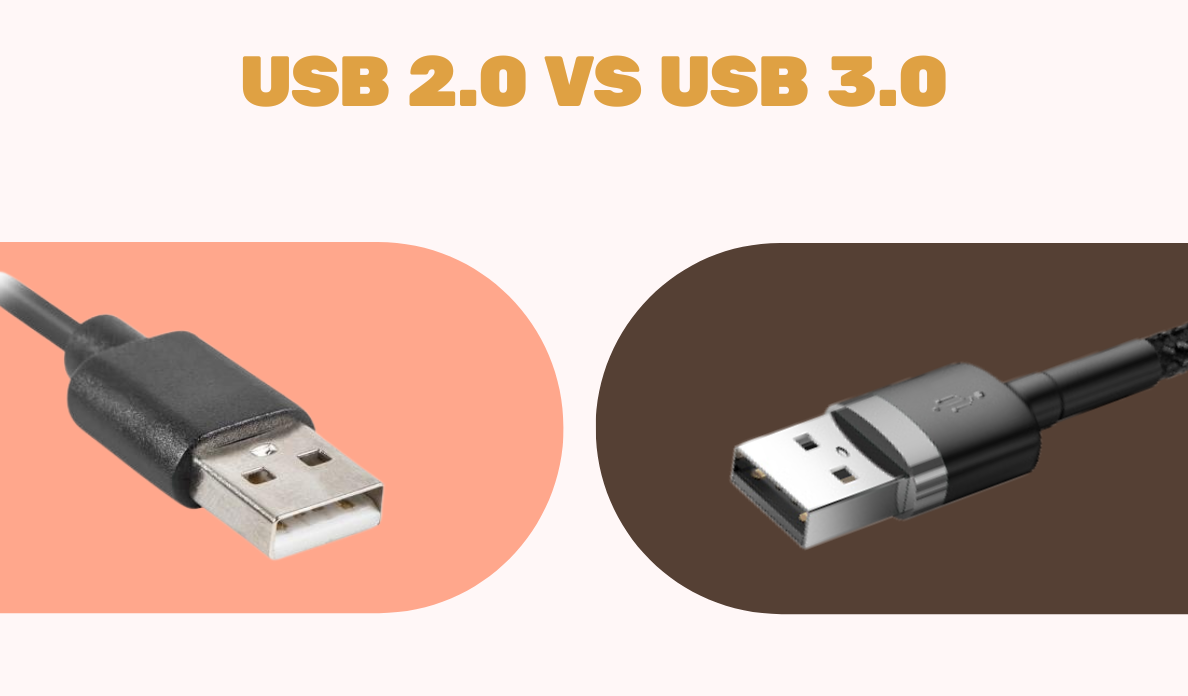Phones naturally produce heat, especially when performing certain tasks. But if your phone is noticeably and uncomfortably hot, something is wrong. Long-term overheating can cause permanent damage that is costly to fix.
In this guide, we will go over the most common reasons why phones get hot. We will also look into a few specific overheating problems that iPhone users face.
Why is my Phone Hot?

Phone overheating is normally the result of one or more of the following:
- Overworked CPU
- Too much direct sunlight
- High-intensity processes and applications
- Battery malfunctions
- Charger cable malfunctions
- Software updates
- Viruses
To understand how overheating works, we need to break these problems down. For each issue, we will also present a few simple steps you can try to take on your own.
Overworked CPU
This is the simplest and most common cause of phone overheating. If your phone’s central processing unit (CPU) is overloaded, it will speed up. When trying to perform more tasks than it can handle, it will start producing excess heat.
One common reason for this is having too many applications working at once. This can simultaneously drain your battery and increase your phone’s temperature.
Potential solutions
This is often a hard problem to fix on your own. Before seeing a professional, try:
- Closing all unused background apps
- Limit the number of intensive tasks your phone is simultaneously engaged in
- Disable unused features
- Update software
- Update apps
- Always use power saving mode
- Scan for viruses
If the above steps don’t work, it’s hard to find a DIY solution. You will probably need to get your phone’s hardware looked at.
Sunlight
The heat produced by the sun can be absorbed into your phone. Even in a surprisingly short time, sunlight can overheat most internal components. Over time, sunlight exposure can cause several performance issues, too.
Potential solutions
If your phone is hot due to sunlight exposure, limiting exposure will fix the issue. If there hasn’t been any permanent damage yet, your phone should continue working as usual.
High-intensity processes and applications
This is similar to an overworked CPU. But sometimes, a single application can overwork a phone. Just one high-intensity app may overheat even a powerful phone. Be careful when testing out new intensive apps. Graphic design, VR/AR, and high-quality video streaming apps are common suspects.
Potential solutions
You will need to limit your use of high-intensity processes and applications. See if that ends your overheating issue. If it works, continue limiting your use of these applications if your CPU and GPU are not powerful enough.
Poor Ventilation
If your phone’s ventilation system has technical issues or is obstructed, your phone will be hotter. Ventilation issues are very often caused by:
- Tight, thick, and obstructive phone cases made of materials like rubber or silicone
- A build-up of dust or other debris
- Storing a phone in a small, closed space for too long
- External decorations like stickers
These issues can seriously overheat your phone when combined with other issues. But, this common problem is often overlooked by most phone users. Many people intuitively think another more serious issue may be causing the problem.
Potential solutions
The solution to poor ventilation normally involves removing accessories and clearing ventilation ports. Before seeking professional help, you can try:
- Removing your phone’s case and perhaps trying another
- Cleaning dust and debris from ventilation ports, speakers, and charging ports
- Try using cooling products and accessories designed for your phone model
Battery malfunctions
Old batteries degrade in several ways. They not only lose charge but also heat up more easily. During intensive usage or sometimes a faulty battery can get very hot during charging.
Potential solutions
Avoid using your phone while the battery is charging. While not always necessary, this may remedy a simple issue.
You can check your battery for signs of damage, leaking, or swelling. If the battery is damaged, you need to replace it. Continuing to use a badly damaged battery may destroy your phone or pose safety risks.
Hardware problems
Charger cable malfunctions and other hardware issues can lead to overheating.
Internal hardware problems in your CPU, GPU, or other pieces of hardware, may lead to a hot phone.
Potential solutions
Hardware problems can be hard to diagnose if you aren’t familiar with how phones work. But you can try to find telltale signs of damage in your phone’s hardware.
Most of the time, hardware issues call for replacements. In some cases, it’s as simple as just trying a different charger! Magnetic wireless chargers are good replacements when wire-charging is a source of heat (this one has a low-temperature charging function!). In other cases, it’s easier to take other, simpler measures to avoid overheating.
Software updates
While rarer, bugs occurring from bad software updates may lead to overheating. This is normally the result of a glitch in your phone’s OS. If this makes your CPU work harder than before, you may notice your phone getting hot.
Potential solutions
First, restart your phone. If the problem persists, make sure to check for bug fixes and other solutions that address overheating. Install any available updates.
Likewise, it may be just one app that is causing overheating. Keep your apps updated and try to identify any that cause overheating.
Viruses
Viruses, especially malware, can make your CPU work harder. Some malware strains create background processes that push your CPU. This directly leads to overheating.
For malware that causes overheating, you will likely also notice that your battery drains faster.
There are also many other specific ways that a virus can cause overheating. It may lead to more consistent network communication, for example. Or, if the attacker is using a virus to mine cryptocurrencies with your phone, you’ll certainly experience overheating.
Why is my Phone Hot and Losing Battery?
If your phone is both overheating and losing its charge fast, it’s likely a problem with:
- Using too many apps
- Poor signal strength making your phone work harder
- Too many background processes
- Software issues
- Environmental issues (heat and humidity)
- Battery problems
How to Cool Your Phone
If your phone is very hot, the cure is a simple process:
- Find out the cause of overheating.
- Fix the issue and observe the result.
- Repeat steps one and two until you solve the problem.
Often, you will need to identify multiple issues and fix them in order to cool your phone. For example, you may need to both reduce background processes and clean your ventilation of dust. There are many potential combinations…
Easy steps
Before panicking, you can take a few easy steps to see if they work. In some cases, your phone can cool off with a few easy, quick fixes:
- Remove your phone’s cover/case
- Turn off unused features like Wi-Fi or Bluetooth when you’re not using them
- Close all your unused background apps
- Reduce volume and brightness
- Stop exposing your phone to sunlight
- Limit intensive tasks like video streaming or gaming
- Turn off “fast charging” if your phone has that feature
- Delete unnecessary storage
These simple steps may suffice during many minor cases of overheating. However, if you do all of the above and still have a hot phone, the issue is probably more serious.
When all of the above fails, it becomes more recommendable to see a professional. A good repair shop can troubleshoot and diagnose whatever malfunctions are causing overheating.
In many cases, the solution will be a targeted approach. For example, if they test your battery and see that something is wrong with it, battery replacement will likely be the solution.
How To Keep Your Phone Cool
Short of buying a good new phone, there are some reliable options for keeping your phone cool.
Cooling cases
Cases with built-in cooling systems or fans can help spread the heat out of your phone. Cooling cases normally come with a small fan or cooling pad. They activate automatically when your phone’s temperature reaches a certain point.
Cooling pads
Cooling pads are standalone pads designed to cool smartphones during heavy usage. They include heat-absorbing materials and use other passive methods to remove heat.
Cooling gels
Cooling gels designed for smartphones are placed at the back of the phone. From there, they absorb heat for a certain amount of time. They work by conducting heat away from the phone with the material they are built with.
Instead of gels, you can also use cooling patches, which work very similarly.
Cooler charging

Some products are designed for cooler charging. Often, the source of overheating comes from the wire, or a power bank, or a battery. In any case, it pays to use cool power banks and cool power strips.
Regular maintenance
In the end, a hot phone is a phone that isn’t in great condition. It can pay off in the long run to have a good service package that includes regular maintenance.
At the very least, remember to clean your phone and check the hardware. Also, remember to keep up with your software updates.
Cool off – There are Options!
Keeping your phone cool is a question of:
- Checking your hardware
- Cleaning your phone for good ventilation
- Practicing common-sense methods for reducing temperature
Most of the time, as a phone’s CPU, battery, and GPU age, they will produce more heat. They simply have to work harder to work. But you can make things easier by ensuring your phone is well-ventilated and not overworked.
If the solutions we’ve gone over don’t cut it, you can always get a cooling case, pad, gel, or patch. These products can help keep your phone cool so it lasts longer.
 United States/English
United States/English



